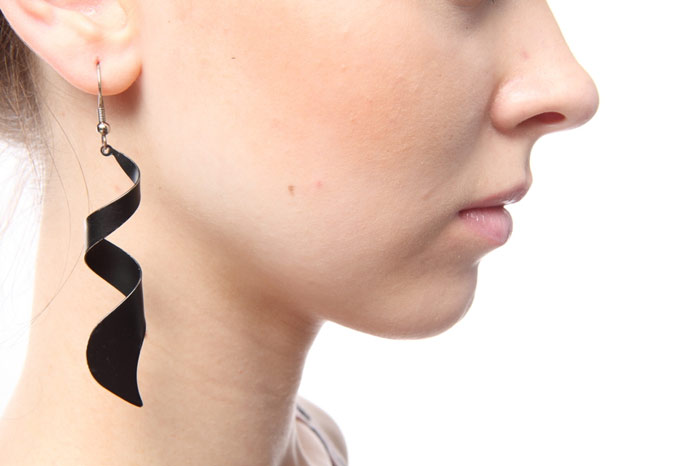
From hair on the head to the skin on the feet – the human body provides us with a large number of indicators by which we can judge about the health. Ears are also an excellent tool for this diagnosis, it is important to only look at them carefully.
Pinna bends
Pinna bends largely indicate the health of the heart. Back in 1989, the British Heart Journal published a study whose authors argued that diagonal curves could be associated with a cardiovascular disease. Scientists have studied more than 300 corpses and found that people with a similar pinna were more likely to die from heart disease and blood vessels.
Earwax
Earwax is one of many secretions allocated to the human body, which must be taken care of. Earwax is removed to prevent clogging of the ear canal. The study published in 2009 showed that the variation of the gene ABCC11, which under normal conditions was found in ethnic Asians, was associated with an increased risk of breast cancer. This gene is responsible for a specific smell of the armpits, as well as of earwax.
Red ears
Our ears may become red because of the heat or strong emotion, but redness that is not associated with a change in temperature or human emotions, may indicate a lack of adrenaline. Adrenal glands, which are located on the top of our kidneys, are responsible for the allocation of this hormone, which helps the body to act in stressful situations. Deficiency of adrenaline may cause extremely low blood pressure or hypotension, and renal failure.
Tinnitus
Ringing, crackling, whispering and other sounds that we hear, even though they do not exist in reality, are usually associated with a disorder called tinnitus. According to the Harvard Medical School, such sounds are sometimes heard in one ear or both, inside the head, or at a distance. Short-term tinnitus can be caused by visiting some loud rock concert, but if the symptoms persist for more than six months, it is a sign of chronic tinnitus. Fortunately, it is not a sign of some more serious disease that threatens with deafness.
Small ears
Small ears may seem attractive to someone, but they also make their owners more prone to eczema and kidney diseases. People with small ears have small ear canals, which increases the risk of ear eczema. Scientists have also found a link between small ears (especially pinna) and underdeveloped kidneys.






